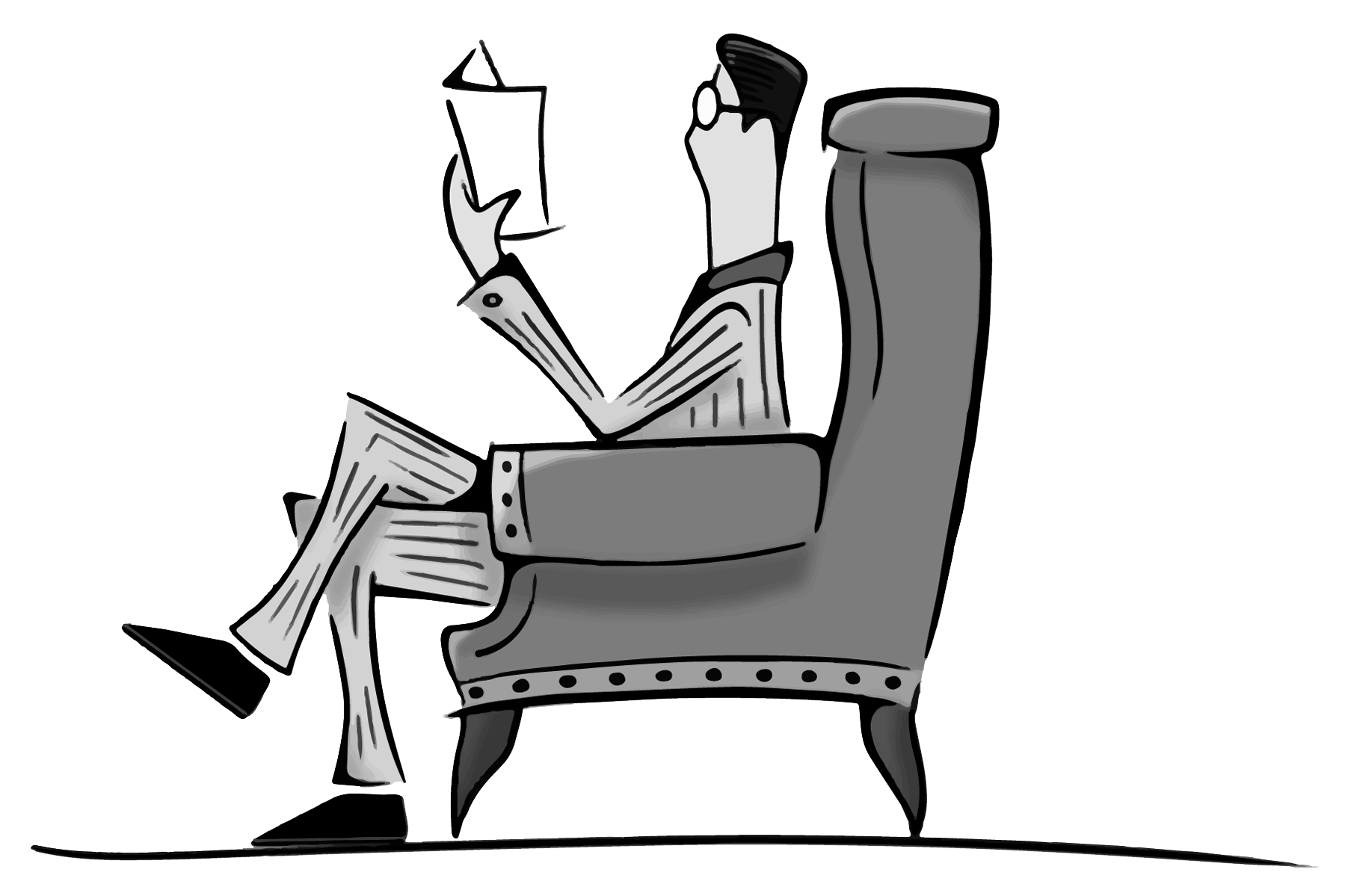"Evangelical Lutheran" Church of Sweden claims to be a Trans Church
The Church of Sweden, the former state church of Sweden, recently released a letter apologizing for the way Christians have treated those who identify as transgender. Furthermore, the letter said that the Church of Sweden now describes itself as “trans.”
The letter was signed by near 1,000 people including priests, deacons, and laymen. Regarding the alleged hatred of trans people, the letter said:
“It is sad that groups, organizations and individuals who are responsible for this hatred have a place in front of the microphones, on the debate pages, in the cultural programs and on the TV couches. This contributes to the normalization of trans hate.”
Additionally, the letter denounced the branch of feminism that is opposed to transgenderism, thinking that transgenderism threatens the value of women as different from men. Such feminists were compared with “radical right-wing Christian groups and right-wing populists.”
The letter concluded:
“Whatever you encounter and whatever others say, no one can take away your gender identity and your human dignity. God loves you, just as you are. We believe in a church and a God who welcomes people beyond power, national boundaries, ethnicity, sexual orientation, gender and gender identity.”
Finally, the letter closed with the final remark, “We are different and that is good. And God saw that it was good,” referencing the creation narrative in Genesis chapters 1 and 2, which clearly teaches two genders/sexes – an odd choice.
The Church of Sweden, in 2017, decided to end the practice of calling God by masculine pronouns. Since then, churchmen have been directed to use gender-neutral pronouns in reference to God.
The national church is identified as an Evangelical Lutheran church. As Craig Allert in his book, A High View Scripture?, suggests, evangelical is term that’s difficult to nail down. It often has different meaning in different contexts. Roughly speaking, evangelical can mean one who is more conservative (theologically) Protestant who believes heavily in the Reformation doctrines of ‘faith alone,’ ‘grace alone,’ and ‘Scripture alone.’ Because of this basic definition, LGBTQ+ activists are generally not included in the term ‘evangelical.’ However, if the Church of Sweden can call themselves evangelical, perhaps people from all sides of theological spectrum should look for new, meaningful terms with which to describe themselves.
The current rift in the theological scene in the West demonstrates that denomination is not the primary lens through which people view faith. While there is much difference between Presbyterians and Free-Will Baptists, the difference between denominations is minor when compared to the difference between theological conservatives and theological liberals. In fact, a conservative Presbyterian and a conservative Baptist have more in common than a conservative Presbyterian and a liberal Presbyterian do. While denominations matter, they are not the defining thing in this phase of church history.
Many words could be written explaining why the Church of Sweden’s move is unbiblical, un-Christian, and immoral. However, such words would merely perpetuate the echo chamber of conservative theology, and many have explained clearly by support of the LGBT movement is not compatible with Christianity. What is important for conservatives to learn from this is that our denominational boundaries are no longer our home turf. The ‘heretics’ are no longer those who practice baptism in a different way as in the conflict between the Anabaptists and the Magisterial Protestants. The basic fight is this: Is the Bible a valid source of authority? If you say yes and mean it, you will be labeled a conservative.
Mitchell D. Cochran is a family life educator, a financial coach, and a board certified biblical counselor. He is the cofounder of Hope Initiative Consulting, LLC. and is currently attending Calvary University for his M.A. in biblical counseling. Mitchell is active in local politics in Lubbock, TX, where he lives with his wife, Katherine.


